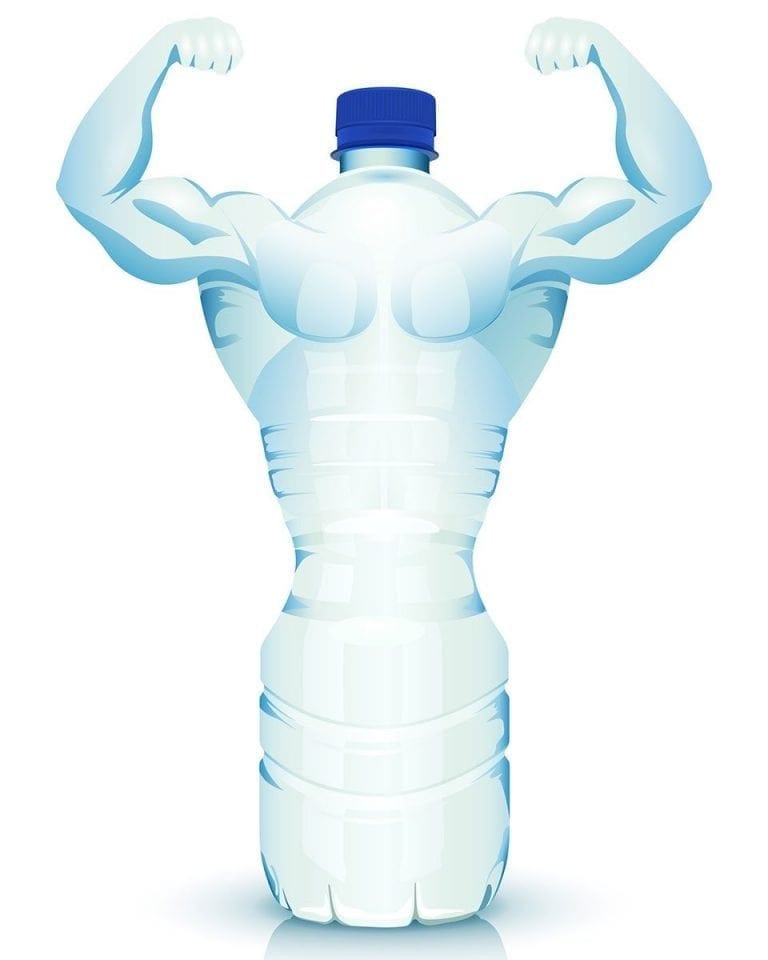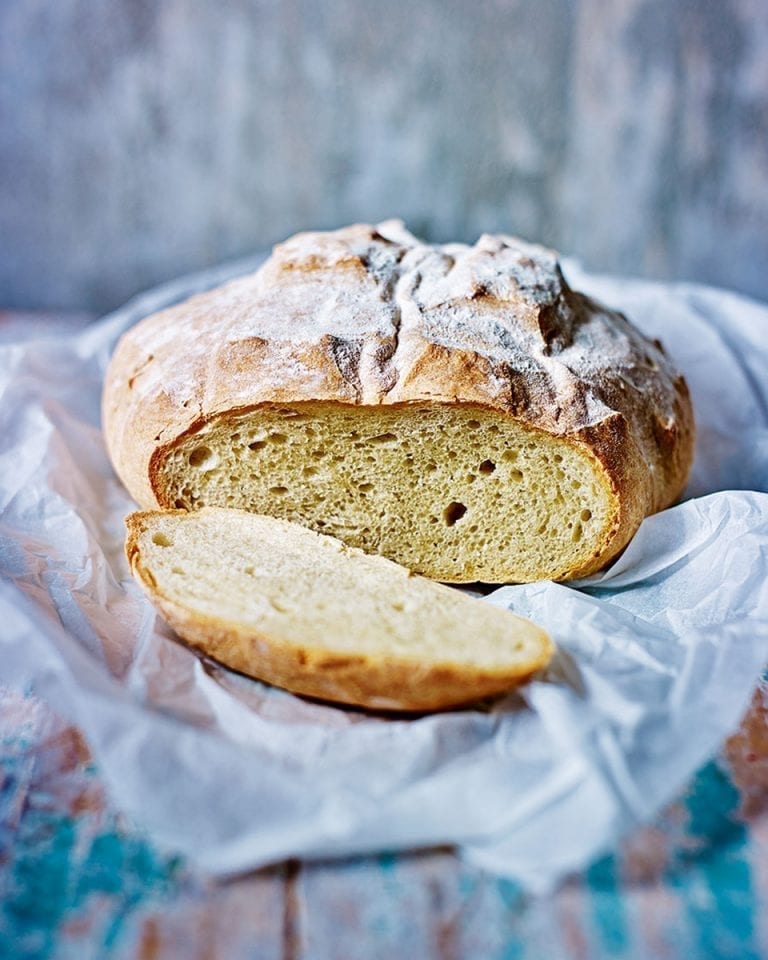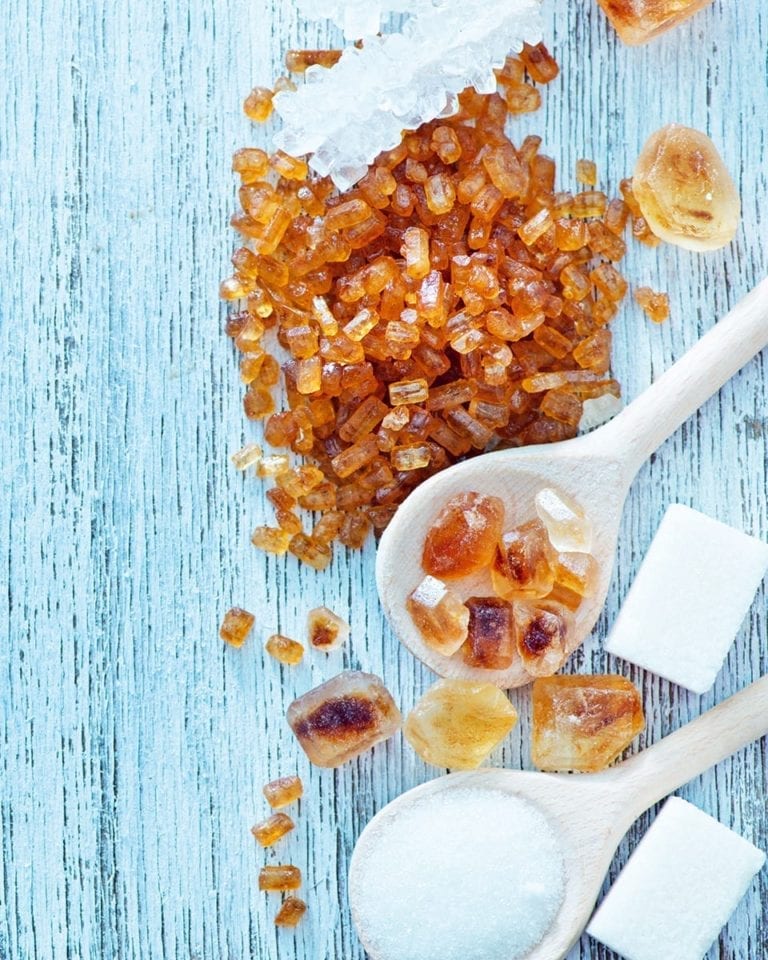Do you really need to drink two litres of water a day?
Are you struggling to glug the amount of water you think you should drink? Not sure whether coffee counts towards your daily intake? Sue Quinn sorts the fact from the fiction.
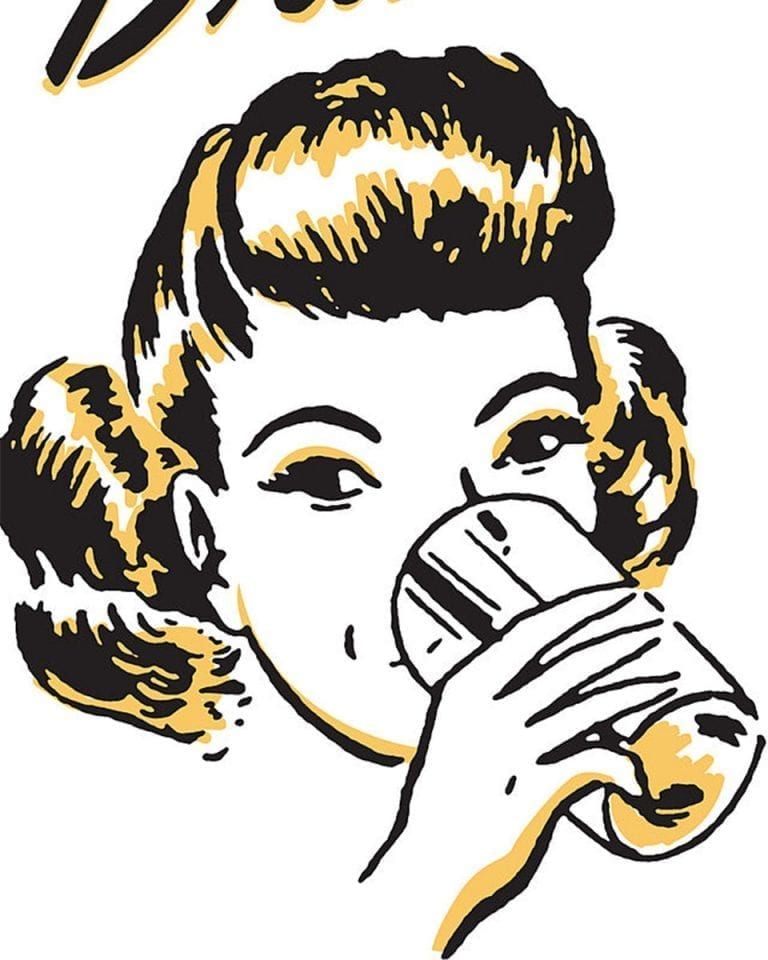
The idea that we should drink two litres of water a day has become a widely accepted health maxim. But is there any scientific basis for this advice? Certainly the media is awash with positive messages about water. Headlines suggest that drinking vast amounts “can take 10 years off your face” by plumping out wrinkles, and can also help with weight loss and flushing out toxins. Water is portrayed as a panacea, but the truth is not so simple.
Water accounts for around 60 per cent of your body weight (depending on age and gender) and performs crucial functions, such as carrying nutrients to vital organs and keeping joints lubricated. So it’s essential to stay hydrated by replacing the body’s normal water losses (through respiration, sweating and excretion). But according to scientists, we actually don’t need to chug down two litres of the clear stuff each day to do this.
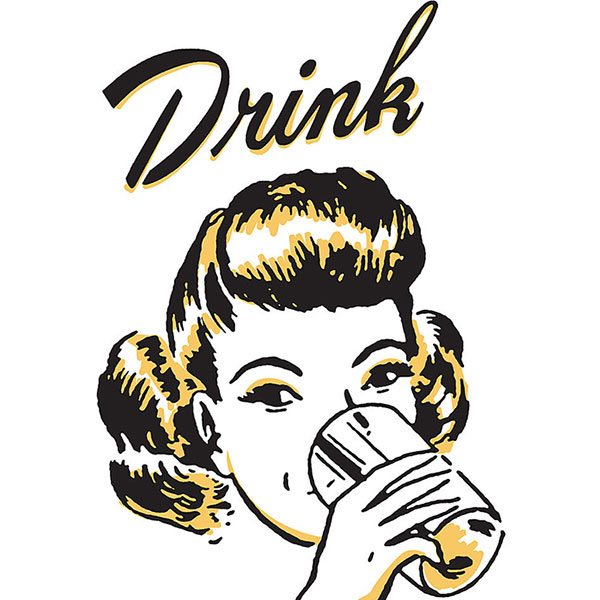
How much water?
European Food Safety Authority (EFSA) guidelines suggest women should aim for a total water intake of 2 litres per day and men 2.5 litres. But there is widespread confusion about this figure. Public health nutritionist and hydration expert Dr Emma Derbyshire says many of us don’t realise these recommended intakes refer to ‘nutrient water’ found in both food and fluids – not just what comes out of the tap. “It’s a myth that people need to drink two litres of actual water per day,” Dr Derbyshire says. “Fluids can come from both food and beverages.”
In fact, an estimated 20-30 per cent of the recommended daily water intake comes from food. Fruit and vegetables, for example, contain more than 80 per cent water, so people who eat a plant-rich diet get lots of their daily H2O requirement at mealtimes. Soups and stews make a good contribution to our water intake, while fast food generally contains very little moisture.
UK guidelines therefore suggest we actually drink 1.2 litres of fluid each day – or 6-8 glasses – to stay hydrated, not the widely touted two litres of water.
Of course, everyone’s needs are different. Pregnant or breast-feeding women need more fluid than usual, as do people doing high-intensity exercise. Living or working in centrally heated homes and spending time in hot or dry environments or in aeroplanes may also raise the amount of fluids needed to balance losses. “Some people will need much more than the recommended daily allowance and some much less,” says Professor Ron Maughan, an expert in hydration from Loughborough University. “Needs also vary greatly from day to day, so guidelines have limited value for individuals.”
Is water best?
Surprisingly, water isn’t necessarily the most effective fluid for hydration, according to new research. Professor Maughan and his team recently developed a ‘hydration index’ after studying 13 different drinks and how long they remained in the body. The findings, published in the American Journal of Clinical Nutrition, revealed that oral rehydration solutions (such as those used to treat diarrhoea) and full-fat and skimmed milk were all more effective for hydration than water. “The high energy content of milk slows gastric emptying and the high salt content [of oral rehydration solutions] slows renal excretion,” Professor Maughan explains.
The study also found that cola, diet cola, hot tea, iced tea, coffee, lager, orange juice, sparkling water and sports drinks were just as effective as water for hydration.“It’s a common belief that coffee and tea don’t count towards the recommended daily intake of water because they are diuretics, but it is an erroneous one,” Professor Maughan says. “The diuretic action is small and these beverages can make a useful contribution to meeting daily hydration needs.”
However, Dr Derbyshire believes that drinking water is generally the best way to keep hydrated, while it’s fine to drink milk, coffee and tea (no more than 4-6 cups per day), juice and other drinks for topping up. “Water is calorie-free and sugar-free,” unlike many drinks, she says. She adds that drinking more than the recommended 1.2 litres of fluids each day is unnecessary. “There’s nothing of scientific substance to support claims that drinking more water has any extra benefits.” In fact she warns that drinking too much water can cause hyponatremia, where the level of sodium in the blood is too low – a serious condition that can sometimes affect marathon runners (who sweat out the salt, then drink copious amounts of water).
What’s the bottom line?
Basically, glugging two litres of water daily is unnecessary. We consume significant amounts of water via the moisture in our food; drinks such as tea, coffee and juice count towards our recommended 1.2 litres of fluid per day as well.
So if that two-litre bottle of water stays unfinished, relax.
Signs of dehydration
If any of these symptoms sound familiar, it may help to increase your fluid intake:
- Dark yellow or brown urine
- Headache
- Dry mouth or tongue
- Lack of concentration
- Sleepiness or tiredness
Subscribe to our magazine
Food stories, skills and tested recipes, straight to your door... Enjoy 5 issues for just £5 with our special introductory offer.
SubscribeUnleash your inner chef
Looking for inspiration? Receive the latest recipes with our newsletter
